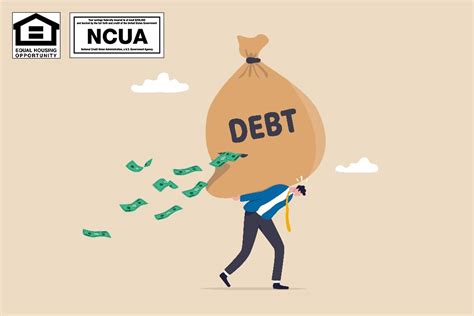Navigating the Financial Unknown: Are Men Aged 30-50 Ready?
The age bracket of 30-50 often represents a pivotal period in a man’s life. It’s a time of significant career growth, family formation, and major financial commitments, from mortgages to children’s education. Yet, amidst these ongoing responsibilities, a crucial question arises: how many men in this demographic truly feel equipped to handle an unexpected major financial emergency?
Understanding the level of preparedness in this group is vital, not just for individual well-being but for broader economic stability. Unexpected financial shocks – a sudden job loss, a major health crisis, or unforeseen home repairs – can derail years of careful planning, leading to significant stress and long-term consequences if not properly mitigated.

The Dual Pressures of Mid-Life Finance
Men between 30 and 50 typically face a unique confluence of financial pressures. They are often balancing mortgage payments, potentially funding a growing family, and simultaneously trying to save for retirement and their children’s future education. This period demands a delicate act of balancing immediate needs with long-term goals. While income levels may be higher than in earlier years, so too are expenses and responsibilities, which can sometimes leave little room for accumulating robust emergency savings.
The perception of preparedness can vary greatly based on individual circumstances, including income, family size, debt levels, and access to financial advice. Some may feel confident due to steady employment and careful budgeting, while others might feel perpetually behind, overwhelmed by the sheer volume of financial demands.

Defining ‘Adequately Prepared’
What does it truly mean to be “adequately prepared” for a major financial emergency? For most financial experts, it entails having a robust emergency fund – typically 3-6 months’ worth of essential living expenses – readily accessible in a liquid account. Beyond this, it also involves adequate insurance coverage (health, life, disability, home/auto), a manageable debt load, and a clear understanding of one’s financial assets and liabilities.
However, the definition can be subjective. A man might feel prepared simply because he has a stable job, even if his savings are minimal. Conversely, someone with substantial assets might still feel anxious if those assets are illiquid or if their liabilities are high. This subjective feeling is what the initial question aims to uncover.

Common Obstacles to Financial Resilience
Several factors can hinder men in this age group from achieving a strong sense of financial preparedness. High cost of living, student loan debt carried over from younger years, and the financial demands of raising a family are significant hurdles. Furthermore, a lack of comprehensive financial literacy or reluctance to seek professional financial advice can leave individuals making less-than-optimal decisions regarding savings, investments, and risk management.
The psychological aspect also plays a role. A “set it and forget it” mentality towards finances, or an overconfidence in future earning potential, can lead to underestimating the need for a financial safety net. The modern economy, with its increasing unpredictability, makes such complacency particularly risky.

Strategies for Building a Stronger Financial Foundation
For those who feel inadequately prepared, or even for those who wish to fortify their existing financial defenses, several strategies can be employed. The first and most critical step is to build or reinforce an emergency fund. Automating savings can make this process less daunting. Reviewing insurance policies annually to ensure adequate coverage for health, life, and disability is also crucial.
Beyond this, actively managing debt, especially high-interest consumer debt, frees up cash flow that can be redirected to savings. Engaging with a financial advisor can provide personalized strategies, helping to identify blind spots and optimize investment and savings plans. Continuous education on personal finance topics can also empower individuals to make more informed decisions and feel more confident in their financial standing.

Conclusion: The Path to Greater Confidence
While the exact percentage of men aged 30-50 who feel adequately prepared for major financial emergencies can only be determined through specific surveys, it’s clear that financial preparedness is a dynamic and often challenging endeavor. The pressures of mid-life demand a proactive and disciplined approach to personal finance. By understanding common obstacles and implementing sound financial strategies – from building robust emergency funds to seeking expert advice – men in this critical age group can significantly enhance their sense of security and their actual resilience against life’s unpredictable financial shocks.
Empowering this demographic with the tools and knowledge to face financial uncertainties is not just about individual peace of mind; it’s about fostering a more financially stable and resilient society as a whole.




